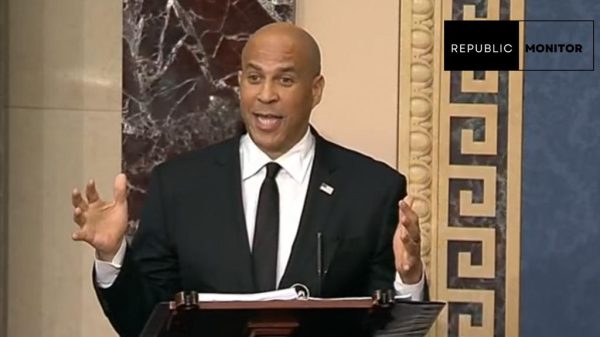The recent action by the Baltimore City Council to prohibit BGE (Baltimore Gas and Electric) from installing external gas regulators in residences. Across the city, the newest development in a long-running dispute between residents, legislators, and the electric company. The conflict has reached the point that the city council has decided to take matters into its own hands. Because of worries about the safety and approval procedure of these contentious projects.

BGE’s Gas Regulator Installation Faces Opposition and Local Governance
BGE’s intention to install external gas regulators, which they argue are safer, is at the core of the issue. However, this has been met with opposition from unhappy homeowners and worried politicians. The recent hearing on the topic by the Maryland Public Service Commission underscores the importance of the argument. While the commission’s conclusion is awaited, the intervention of the Baltimore City Council demonstrates a willingness. For local government in determining improvements to energy infrastructure.
The council’s answer is a new law proposed during a council meeting. The measure would prohibit the installation of external gas regulators on constructions with five or less residential units. In addition, any installation must be approved by the homeowners. This strategy tries to strike a balance between safety improvements and community participation and feedback. Reflecting the council’s obligation to represent its citizens’ interests.
BGE’s Gas Regulator Debate and the Role of Baltimore City Governance
City Councilman Eric Costello is sceptical of BGE’s claim that the new gas regulators improve safety. Who requires proof to back up these claims? In reaction to the proposed measure, BGE claims that if passed, it will stymie their attempts to modernise the gas infrastructure. Furthermore, replace obsolete components using more ecologically friendly materials. This emphasises the conflict between utility corporations’ goals. In addition, there is a requirement for regulatory control and accountability.
Finally, this case highlights the difficulty of upgrading electric infrastructure. It is a complex endeavour to balance technical improvements with public safety concerns and societal preferences. The activities of the Baltimore City Council highlight their importance in ensuring that choices affecting people are made. Are produced in a responsible and transparent manner. The resolution of this battle will most likely have an impact on more than just gas regulator installations. However, there will also be larger discussions regarding utility governance and decision-making procedures.
















